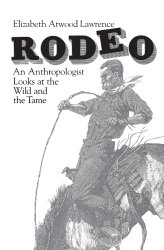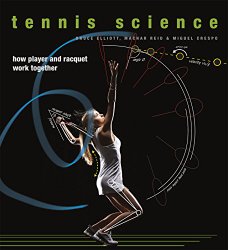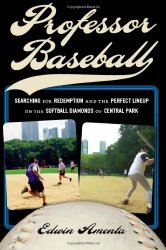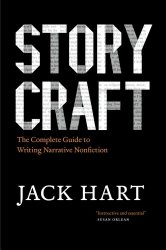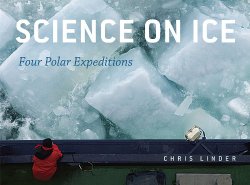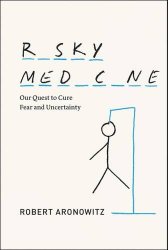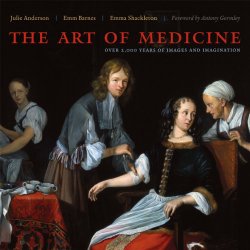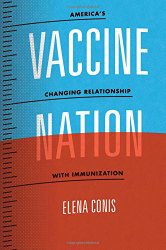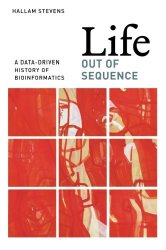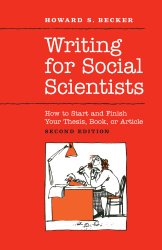Rodeo people call their sport “more a way of life than a way to make a living.” Rodeo is, in fact, a rite that not only expresses a way of life but perpetuates it, reaffirming in a ritual contest between man and animal the values of American ranching society. Elizabeth Atwood Lawrence uses an interpretive approach to analyze …
University Of Chicago Press
If you have watched a Grand Slam tennis tournament in the past decade, you are probably aware that the game is dominated by just a few international powerhouses. At the conclusion of each tournament, it is likely that you will see Serena Williams atop the women’s podium and a member of the Big FourRoger Federer, Rafael Nadal, Novak …
It happens every summer: packs of beer-bellied men with gloves and aluminum bats, putting their middle-aged bodies to the test on the softball diamond. For some, this yearly ritual is driven by a simple desire to enjoy a good ballgame; for others, it’s a way to forge friendships—and rivalries. But for one short, wild-haired, bespectacled professor, playing softball …
From the work of the New Journalists in the 1960s, to the New Yorker essays of John McPhee, Susan Orlean, Atul Gawande, and a host of others, to blockbuster book-length narratives such as Mary Roach’s Stiff or Erik Larson’s Devil in the White City, narrative nonfiction has come into its own. Yet writers looking for guidance on reporting …
“Polar exploration is at once the cleanest and most isolated way of having a bad time which has been devised,” wrote Apsley Cherry-Garrard of his time with the 1910 Scott expedition to the South Pole. And that’s how most of us still imagine polar expeditions: stolid men with ice riming their beards drawing sledges and risking death for …
Will ever-more sensitive screening tests for cancer lead to longer, better lives? Will anticipating and trying to prevent the future complications of chronic disease lead to better health? Not always, says Robert Aronowitz in Risky Medicine. In fact, it often is hurting us. Exploring the transformation of health care over the last several decades that has led doctors …
The Art of Medicine: Over 2,000 Years of Images and Imagination
Since ancient times people have depended on medical practitioners to enhance life, to treat illness and injuries, and to help reduce pain and suffering. The scientifically based discipline that we know today stands beside diverse traditions, belief systems, and bodies of medical knowledge that have evolved in fascinating ways across cultures and continents. Throughout this history, successive generations …
Vaccine Nation: America’s Changing Relationship with Immunization
With employers offering free flu shots and pharmacies expanding into one-stop shops to prevent everything from shingles to tetanus, vaccines are ubiquitous in contemporary life. The past fifty years have witnessed an enormous upsurge in vaccines and immunization in the United States: American children now receive more vaccines than any previous generation, and laws requiring their immunization against …
Life Out of Sequence: A Data-Driven History of Bioinformatics
Thirty years ago, the most likely place to find a biologist was standing at a laboratory bench, peering down a microscope, surrounded by flasks of chemicals and petri dishes full of bacteria. Today, you are just as likely to find him or her in a room that looks more like an office, poring over lines of code on …
Students and researchers all write under pressure, and those pressures—most lamentably, the desire to impress your audience rather than to communicate with them—often lead to pretentious prose, academic posturing, and, not infrequently, writer’s block.Sociologist Howard S. Becker has written the classic book on how to conquer these pressures and simply write. First published nearly twenty years ago, Writing …
